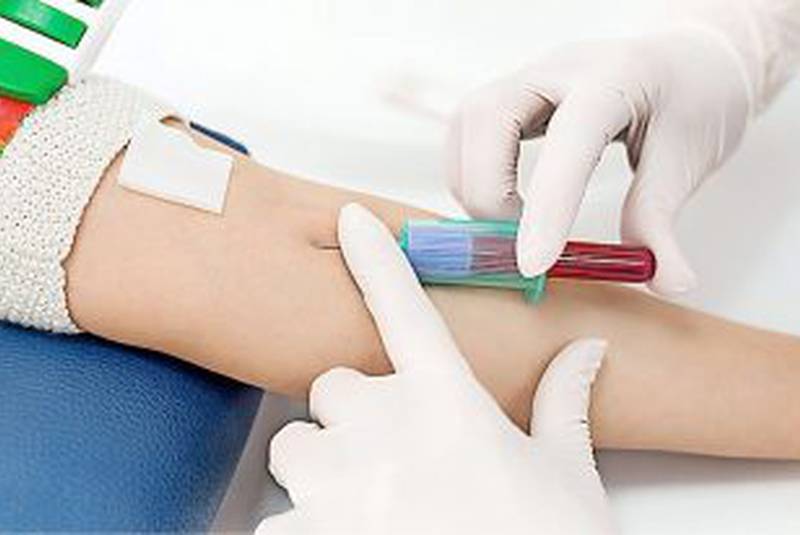**Title: The Ultimate Guide to a Phlebotomy Career: Everything You Need to Know**
**Introduction:**
Are you interested in pursuing a career in the healthcare field that involves working directly with patients and making a positive impact on their lives? If so, a career in phlebotomy might be the perfect choice for you. Phlebotomists are essential members of the healthcare team, responsible for drawing blood samples from patients for various medical tests and procedures. In this comprehensive guide, we will explore everything you need to know about pursuing a phlebotomy career, including job responsibilities, training requirements, salary potential, and more.
**What is Phlebotomy?**
Phlebotomy is the practice of drawing blood from patients for medical testing, transfusions, donations, or research purposes. Phlebotomists play a crucial role in the healthcare industry by ensuring that blood samples are collected safely and accurately for proper diagnosis and treatment. They work in hospitals, clinics, laboratories, blood banks, and other healthcare settings.
**Phlebotomy Career Path:**
If you are considering a career in phlebotomy, here are the essential steps you need to follow:
1. **Education and Training:** Phlebotomists typically complete a phlebotomy training program, which can range from a few weeks to several months. These programs cover topics such as anatomy, physiology, medical terminology, and blood collection techniques.
2. **Certification:** While certification is not always required to work as a phlebotomist, many employers prefer to hire certified phlebotomy technicians (CPTs). You can obtain certification through organizations such as the National Healthcareer Association (NHA) or the American Society for Clinical Pathology (ASCP).
3. **Gain Experience:** Once you have completed your training and obtained certification, gaining hands-on experience through internships or entry-level positions is essential to enhance your skills and knowledge.
4. **Career Advancement:** With experience, phlebotomists can advance to supervisory roles, such as lead phlebotomist or phlebotomy coordinator. Some may also choose to pursue further education and become medical laboratory technologists or nurses.
**Benefits of a Phlebotomy Career:**
There are several benefits to pursuing a career in phlebotomy, including:
– **Job Stability:** The healthcare industry is continuously growing, which means that there is a high demand for phlebotomists.
– **Flexible Schedule:** Many phlebotomists have the option to work part-time, evenings, weekends, or holidays, allowing for flexibility in scheduling.
– **Career Advancement:** Phlebotomists can advance their careers by pursuing additional education or certifications in related fields.
- **Rewarding Work:** Phlebotomists have the opportunity to interact with patients and make a positive impact on their healthcare experience.
**Phlebotomy Salary and Job Outlook:**
According to the Bureau of Labor Statistics, the median annual wage for phlebotomists was $36,320 in May 2020. The job outlook for phlebotomists is also promising, with a projected growth rate of 17% from 2019 to 2029, much faster than the average for all occupations.
**Conclusion:**
a career in phlebotomy can be a rewarding and fulfilling choice for those interested in the healthcare field. With the right education, training, and certification, you can embark on a successful career as a phlebotomist, helping to improve the lives of patients and contribute to the broader healthcare community. If you are passionate about working with people, have good attention to detail, and enjoy a fast-paced work environment, then a phlebotomy career may be the perfect fit for you. Start your journey today towards a rewarding and impactful career in phlebotomy!
